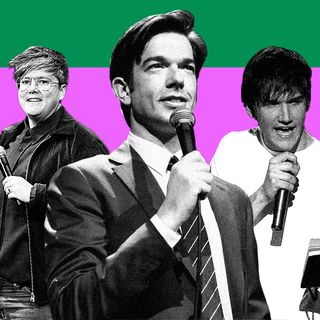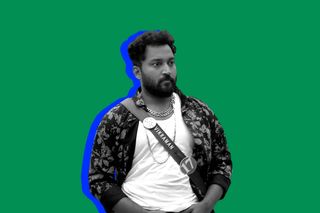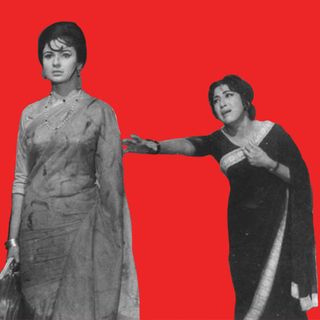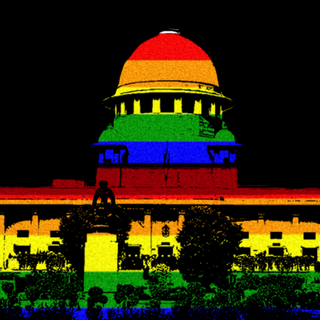
‘Progressive’ Bigg Boss Contestant Vikraman Was Accused of Casteist Abuse – Is it Also a Reality TV Problem?
The audience voting system leads to a phenomenon where many refuse to quit their adulation for the reality personality they helped construct.

Vikraman, a participant (and 2nd place winner) of the 6th season of the Tamil Bigg Boss show, has been accused of “inflicting casteist, financial and misogynist abuse on a Dalit woman lawyer,” The News Minute (TNM) reported yesterday.
Vikraman was supposed to be a progressive, feminist and anti-caste contestant – at least as per the image he constructed of himself while on the show. But the bait and switch is arguably not an anomaly but by design. Bigg Boss is, and has always been, a show that pits people against each other based on their most controversial personality ticks. The format of the show is Orwellian surveillance, where the interpersonal dynamics of people stuck in a house together are broadcast to the world, which then decides who “wins.” The power dynamics within, consequently, are a reflection of society.
According to TNM, the lawyer has written to the VCK party president with the allegation that “Vikraman caused her financial and emotional damage over a prolonged period by exploiting her lowered caste vulnerabilities in a romantic relationship.” She also went on to mention that the visionary character he played on television was a result of intellectual theft – his ideas were a result of her tutoring, and he also cheated her out of 13 lakhs, in addition to making casteist comments about her education and work. Meanwhile, in response to the allegations, fans of the star have begun to trend hashtags in his support – eerily similar to Bigg Boss hashtags that support the show’s contestants while a season is ongoing. As a result, serious conversations about power and image have become gamified, thanks to a reality show format that incentivizes it.
Still, shows like Splitsvilla and Bigg Boss are running their 14th and 17th seasons currently. There’s clearly a large audience for reality TV despite controversies surrounding their participants – maybe even because of it. Many other reality stars have been named in the MeToo movement (read: Sajid Khan) and have been accused of causing harm otherwise, but continued support for them speaks to how reality TV causes a cognitive dissonance in how we perceive the stars. In audiences’ eyes, reality stars arguably continue to be their reality TV personas offscreen too, and the debate surrounding any accusations thus turns into a spectacle unto itself.
Related on The Swaddle:
Kangana Ranaut’s New Reality Show Marks an Insidious Shift in the TV Genre
Our obsession with bad television belies a deeper issue: these shows are social experiments, and they enable parasocial relationships with personas who seem more accessible than the average celebrity. According to clinical psychologist Dr. Jana Scrivani, “Reality television in particular gives us a false sense that we really know the people we see on the screen. This sense of having a personal relationship is amplified with the ‘reality’ label, even though we are aware that it’s greatly exaggerated.”
Often, the schadenfreude we experience at the expense of characters on screen is arguably because they engage in behaviors that represent the worst excesses of the cultural status quo. They’re shamed for being too “modern,” respected for being “traditional,” revered for being earnest, envied for being rebels – it’s society as we know it in a microcosm. But the problem is when these curated personalities – exaggerated for leveraging the most melodramatic affect – are taken at face value, and staunchly defended despite allegations offscreen.
According to Kirthy Chandrashekharan, a social psychologist speaking to the Indian Express, “These celebs’ popularity depends on people’s support, unlike others who have had a more cushioned run of stardom… The psycho-social angle at play is that of power. Shows like Bigg Boss, which subject ‘fallen celebrities’ to mundane ordeals give the illusion of power to the audience.” The audience voting system furthers this – leading to a phenomenon now where many refuse to quit their adulation for the personality they had helped construct.
Even worse is the fact that the most controversial contestants are the most popular ones – these are people who tend to be the most mean-spirited, even prejudiced, and therefore fun to consume. Call it schadenfreude, or humilitainment – we do derive a certain voyeuristic pleasure out of the drama amplified on these shows, even if it’s drama curated to cater to our more base instincts. The physical distance from the participants helps fuel an otherwise detached audiences’ participation in creating these dynamics.
Being trapped in a ‘human zoo’ for three months with no access to the outer world is meant to bring out the worst in Bigg Boss participants as they try to outlive each other for our entertainment. In such an environment, Vikraman’s wokeness was arguably strategic — the Ambedkarite/Periyarist views he leveraged were no more than a performance meant to stir up controversy and drum up audience support for his reality character. The allegations against him offscreen, however, tell a different story. But if the way we’ve lionized reality stars is anything to go by, it doesn’t matter what the offscreen narrative is — at least where powerful reality personalities like Vikraman are concerned.
Hetvi is an enthusiast of pop culture and all things literary. Her writing is at the convergence of gender, economics, technology and cultural criticism. You can find her at @hetviii.k.
Related


Woe Is Me! “I Want To Cut Ties With My Friend, But She Needs Me. What Should I Do?”
